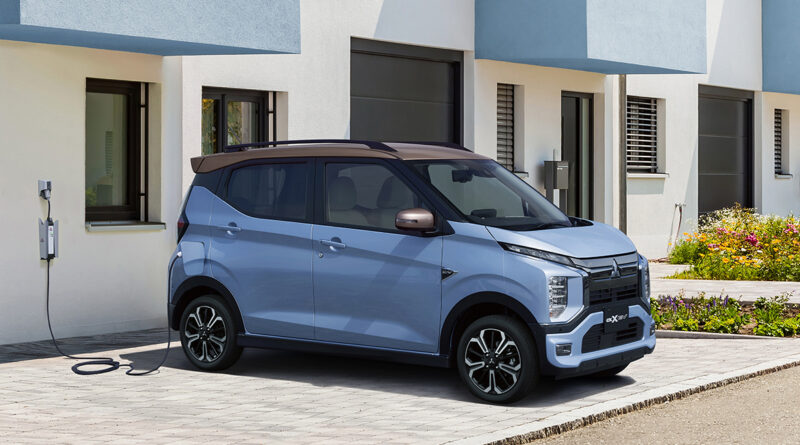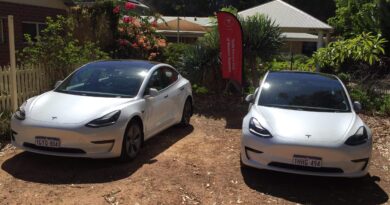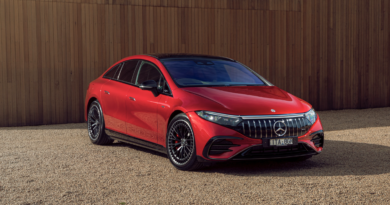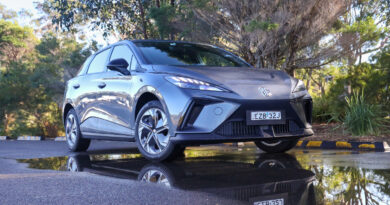Mitsubishi wants to launch Australia’s cheapest electric car, but there’s a very expensive reason it might not
Even as it considers launching Australia’s cheapest battery electric vehicle, Mitsubishi Australia is warning a slow roll-out of renewable energy will impact the uptake of EVs in Australia.
Mitsubishi Motors Australia CEO Shaun Westcott told automotive media last week at a preview of the new-generation diesel-powered Triton ute that renewable power generation, such as solar, was critical to EVs making sense.
“Where is Australia for renewable energy power stations?” he asked. “We are talking long lead times and we are talking significant millions of dollars in investment.
READ MORE: Confirmed! Mitsubishi Triton to target BYD Ute and Ford Ranger with all-new plug-in hybrid system
READ MORE: Is this a window into the Mitsubishi Triton’s all-electric future in Australia?
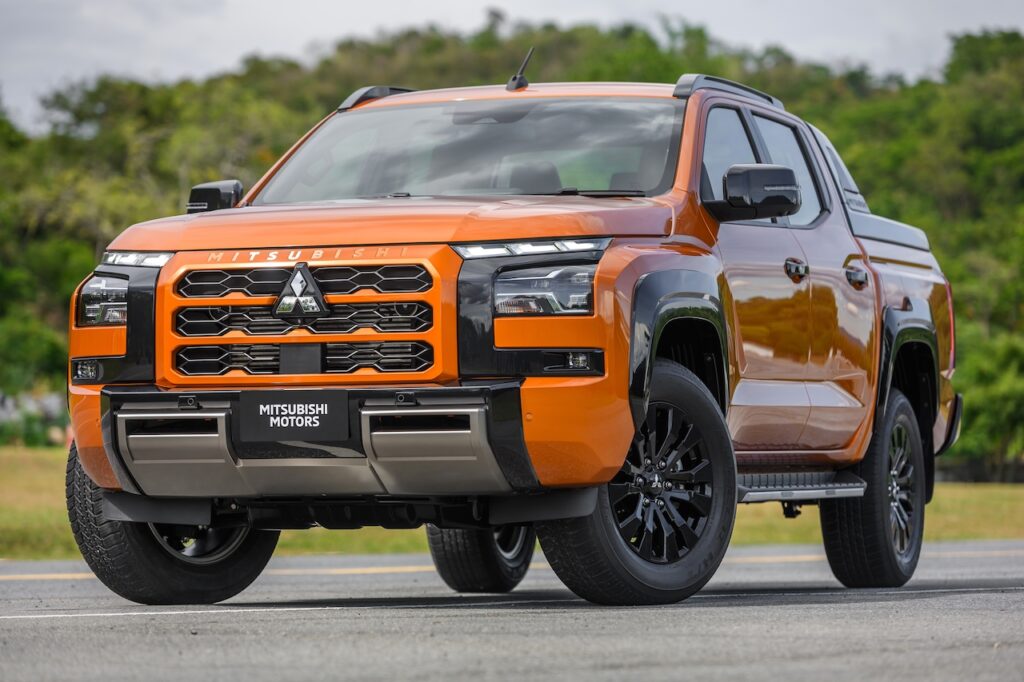
“Because if all we do is flood the market with BEVs – and New South Wales still has 75 per cent of its power generated by coal – all we have done is shift the emissions from the tailpipe to the power station.”
The federal government target is to have 82 per cent of Australia running on renewable energy by 2030. But in a recent report industry super funds warned the transition risked falling behind without increased investment.
Westcott, who has worked in the renewable energy sector converting a coal-fired power station to run on bio-mass in his native South Africa, confirmed he had lobbied federal government ministers on the issue.
“We need a more holistic solution to the problem,” he said. “We tend as a motor industry to focus on the charging infrastructure, but we need bigger solutions.
“Whether that is private industry, or public-private partnerships, there are many ways to fund these things, I haven’t seen the plans, I haven’t heard the noise yet. Where is the energy going to come from guys?”
Westcott also took issue with the roll-out of public charging infrastructure in rural and regional Australia where a significant proportion of Mitsubishi buyers live.
“We also know the challenges around having battery chargers in rural and provincial Australia at this point in time, which is why we believe and it is our philosophy to bring the right vehicle to the right market at the right time,” he said.
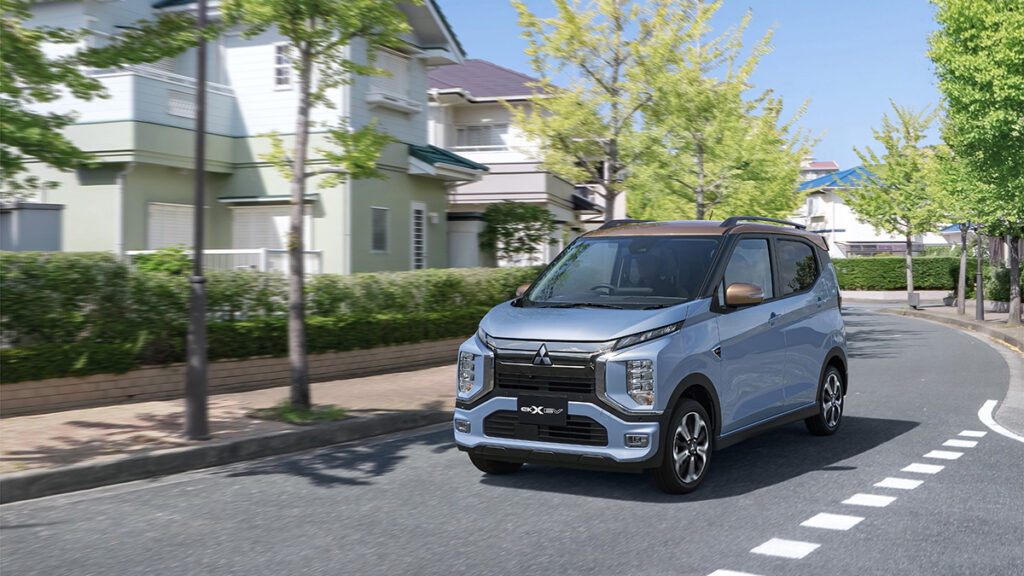
Westcott was speaking as the auto industry waits for the federal government to reveal details of its new fuel standard intended to encourage the take-up of electric vehicles.
That forthcoming legislation is one reason MMAL has imported a Japan-market ek X EV electric kei to test for market suitability.
Only 3.4 metres and powered by a 47kW e-motor, it would help Mitsubishi drive down its local vehicle CO2 emissions average and potentially slash the entry price of BEVs to about $30,000.
The ek X is likely to be used in clinics with consumers, shown off to dealers and will potentially be loaned out to media for drive impressions.
“I am trying to take a pulse of society and where society is at and how serious we are about EVs,” said Westcott. “I have a car that’s ready to go.”
Globally and in Australia Mitsubishi has the goal of 50 per cent electrification – meaning EVs, plug-in hybrids and hybrids – by 2030 and 100 per cent by 2035.
In Australia, Mitsubishi was an early EV adopter, selling the i-Miev battery electric mini-car from 2010 to 2014. It has since switched its attention to PHEVs led by the top-selling Outlander SUV, as well as the smaller Eclipse Cross.
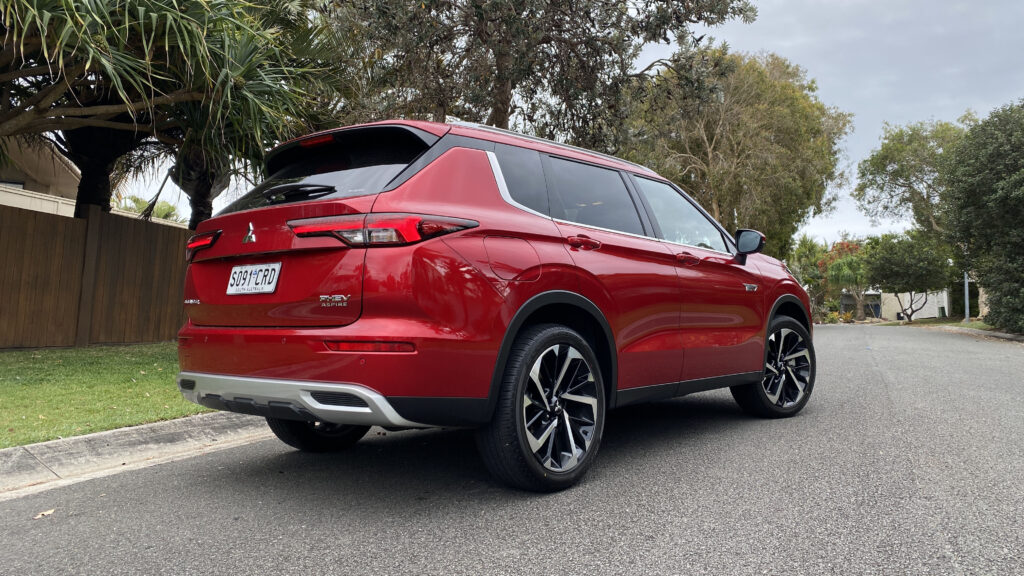
Last month a senior global Mitsubishi engineer confirmed to EVCentral at the Japan Mobility Show that a plug-in hybrid system for heavy duty 4x4s such as the Triton was under development.
Westcott confirmed Mitsubishi Australia will have the chance to grow its BEV line-up in coming years via product sharing with its alliance partners Nissan and Renault.
Mitsubishi’s Challenge 2025 business plan reveals both a Renault and a Nissan sourced BEV SUV will join its global line-up during 2025. The former has been revealed as a spin-off from the Australia-bound Megane E-Tech and the latter is expected be based on the next-gen Leaf.
Neither are as yet ruled in or out for Australia.
“We will, have access to BEVs at the right time,” Westcott said.

